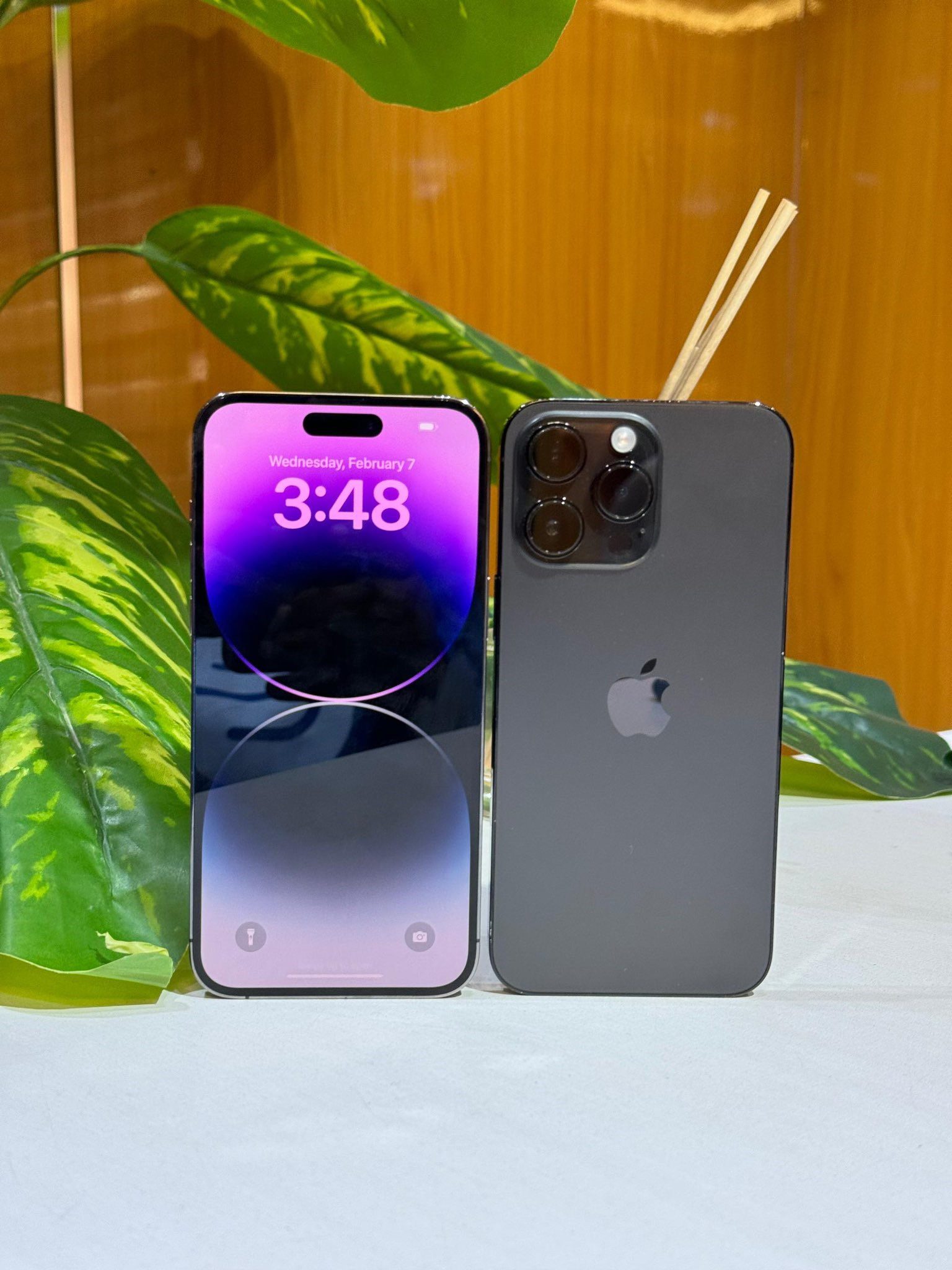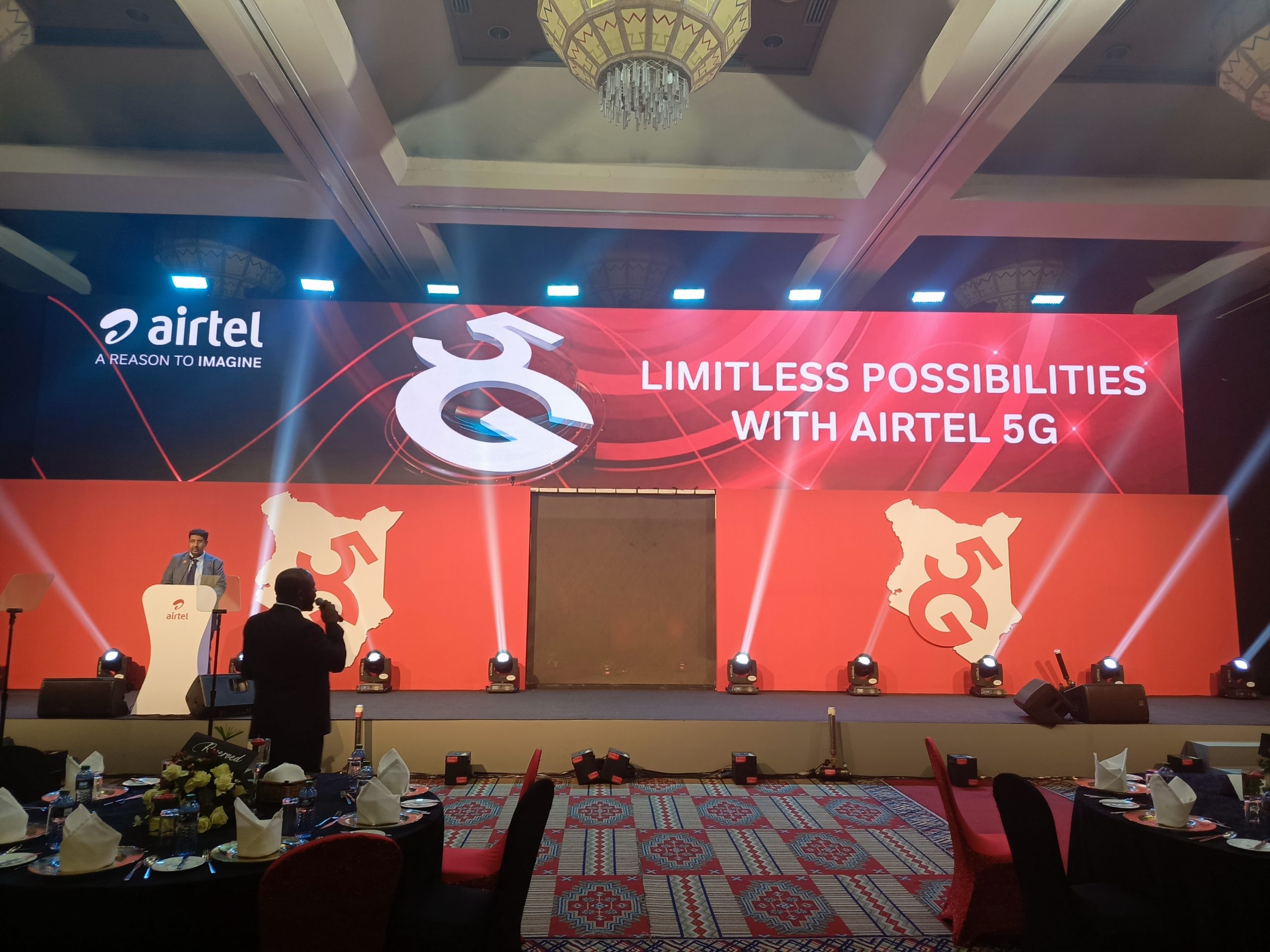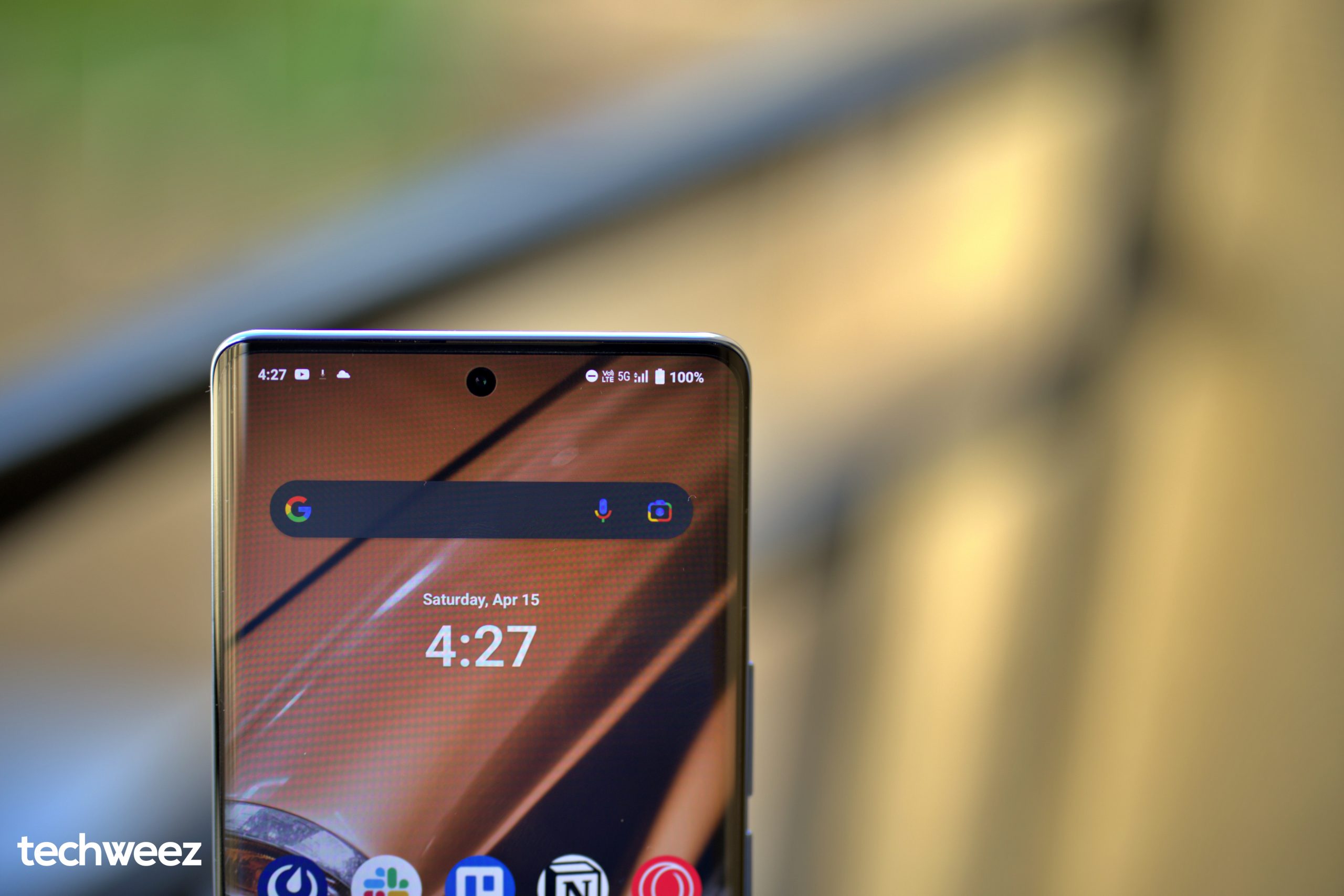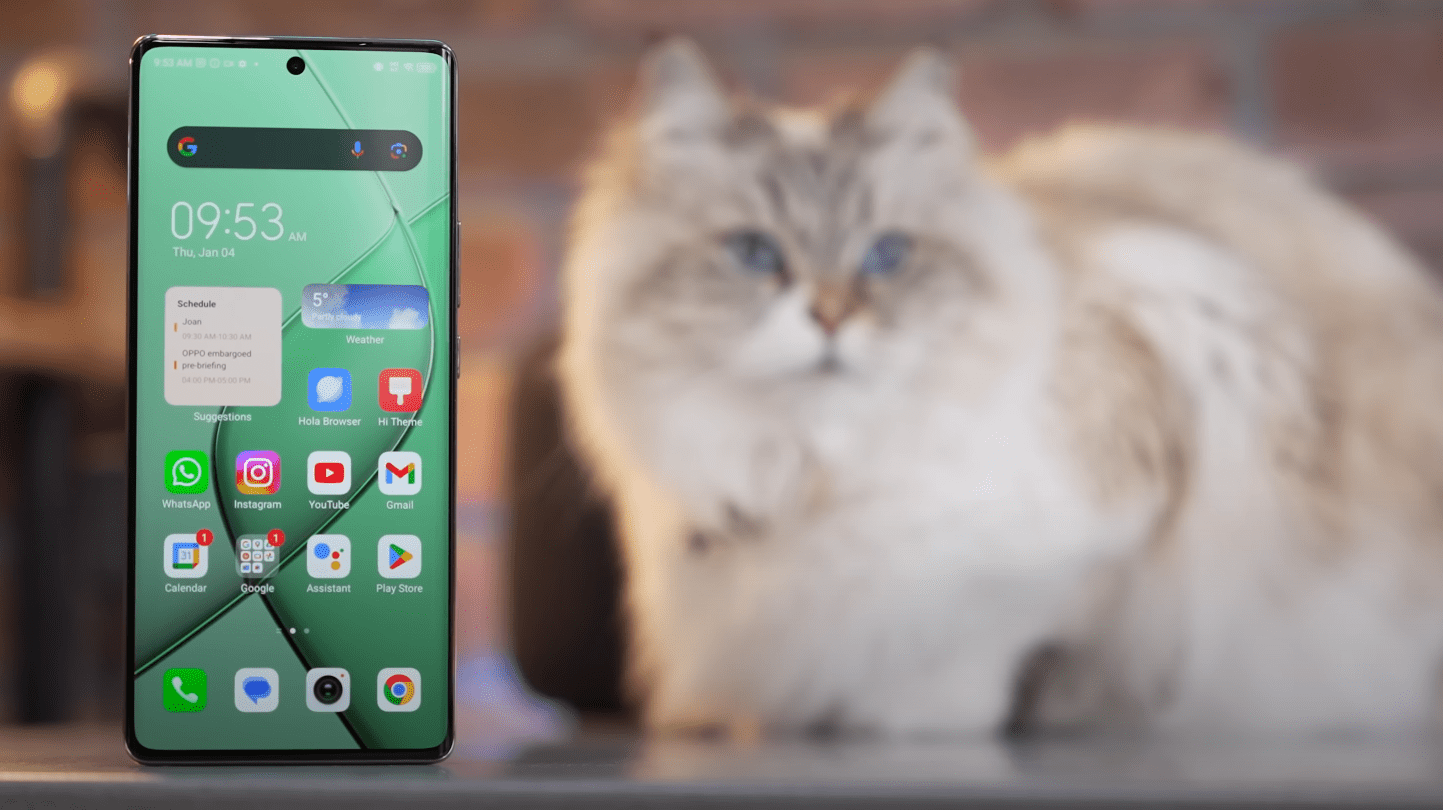Payments corporation VISA and telco Safaricom have finally announced the long-awaited, and extensively teased virtual card that will see Safaricom customers pay for products and services from international companies.
This is part of the newly named product, M-PESA GlobalPay that the new partnership is under. It should not be confused with M-PESA Global, which was launched more than a decade ago. The former allows customers to, as said, pay for products they couldn’t using an M-PESA affiliated product, whereas the latter just allows customers to send money to each other outside the confines of Kenya in tens of other countries.

It should also not surprise us that the virtual card has been in development since mid-2020. According to Safaricom CEO Peter Ndegwa who also graced the event, the carrier started working with VISA in April 2020. It should be remembered that this is also the time the CEO was welcomed into the firm after the departure of interim CEO Michael Joseph – who is also its Board Chair.

These are developments that were also revealed by VISA VP and Country Manager for East Africa, Corine Mbiaketcha Nana who was also present at the event.
What is M-PESA GlobalPay Virtual Visa Card?
As its name suggests, this is a virtual card powered by VISA in collaboration with Safaricom. It is not a physical card, but it will still function just like any other VISA card that you have used before.
This means that you can make international payments using it – and note – international payments, not local payments. This means that companies that process their payments outside Kenya, and are VISA merchants will accept payments from the virtual card. Those that work in Kenya, and process their payments here, including the likes of Jumia, some e-cab apps or food ordering apps will not work, so you might need to take note of that. Also, local purchases are already supported by Lipa na M-PESA option.
The card needs not to be topped up because the amount in your M-PESA account will be reflected on it.
But how can you get the virtual VISA card?




Good question, because it is fairly easy, and the process shouldn’t take you more than three or so minutes.
First and foremost, you must use the M-PESA app, Safaricom’s super app that has since been downloaded more than 5 million times. This is not available on mySafaricom app, for this and many other reasons, there has been a case for keeping both apps.
Once you have the app, all you need to do is hit the Grow button on the bottom right.
On the Discover More section, tap GlobalPay. It might also be displayed just above the page as a banner.
Afterwards, the GlobalPay tool will open as a mini app (these are the small programs that are part of the M-PESA app and offer additional services such as booking for a bus, et al, instead of downloading the individual apps for those services).
You will be asked to opt in.
The next step will ask you to customize your virtual card. There are four nice colours (black, blue, red, and purple), but if you want more, you can even add an image to the card. There are five preset images, which are basically the big five animals – and is probably why the function was held at Nanyuki’s Ol Pejeta Conservancy.
Lastly, you will confirm the process and your card will be ready.
During the set-up process, you will see a bunch of flash messages (that show up on your screen without being saved to your phone) just for confirmation purposes. This has been done for security reasons.
On the home page, you will see some buttons, such as one that hides your card details, and another one that allows you to set a budget. You can even suspend the app just from the home page.
ALTERNATIVELY, you can access the same service by dialing *334#, then choose Lipa na M-PESA, then GlobalPay.
Amounts to be loaded
The same M-PESA limits will apply to the card. This means that the minimum amount you can transact is KES 110, whereas the maximum is KES 150K.
You daily transactions will be capped at KES 300K.
This is also where we mention that Fuliza cannot be used to complete international transactions using the virtual card.
How much will transactions cost you?
This is an interesting question that we also wanted to know.
VISA/Safaricom will not charge you for your online purchases.
Nevertheless, Forex charges will be applied. Safaricom will charge you a fee of 3.5 percent in Forex exchange markup based on the prevailing exchange rate from KES to the currency at the time of the transaction. This markup is the usual foreign exchange difference, and Safaricom says that it is cheaper than most banks. What you see on the cost calculator is what you get, as this is the rate inclusive of the markup.
CVV (Card Verification Value)
If you have used VISA card or any other payment processor online, you must have been asked to enter the CVV code of your card. It is the three-digit number at the back of your card, which is also used to show merchants that you are the real owner of that card to stop cases of fraud.
The GlobalPay virtual VISA card will use the CVV too, but it will only be valid for 30 minutes.
This will prevent anyone who has your card details from using your card because they may have to generate another CVV. – said Safaricom in a statement.
Value
A lot of people have been asking why Safaricom has never released a card of these capabilities before, but it seems that the operator listened, and sought the expertise and reach of VISA to see the product come to life.
It makes a lot of sense for the unbanked or those that want to pay for international services using their M-PESA wallet. A major issue has always been Netflix, which, after launching in the country a couple of years ago, still doesn’t accept M-PESA payments such as the likes of Showmax or even Spotify.
Safaricom serves more than 30 million M-PESA customers, and the M-PESA ecosystem is also home to 42,000 developers, and that number keeps growing. VISA on the other hand has a merchant network of 61 million, which is no small feat. Letting M-PESA customers access these merchants is a very good thing – and we are certain this will not stop here because the future is always unknown.
In the next series of this stream of articles, we will perform an online transaction such as paying for Netflix, and see how the experience is, and whether you will incur substantial charges thanks to the Forex markup.

















